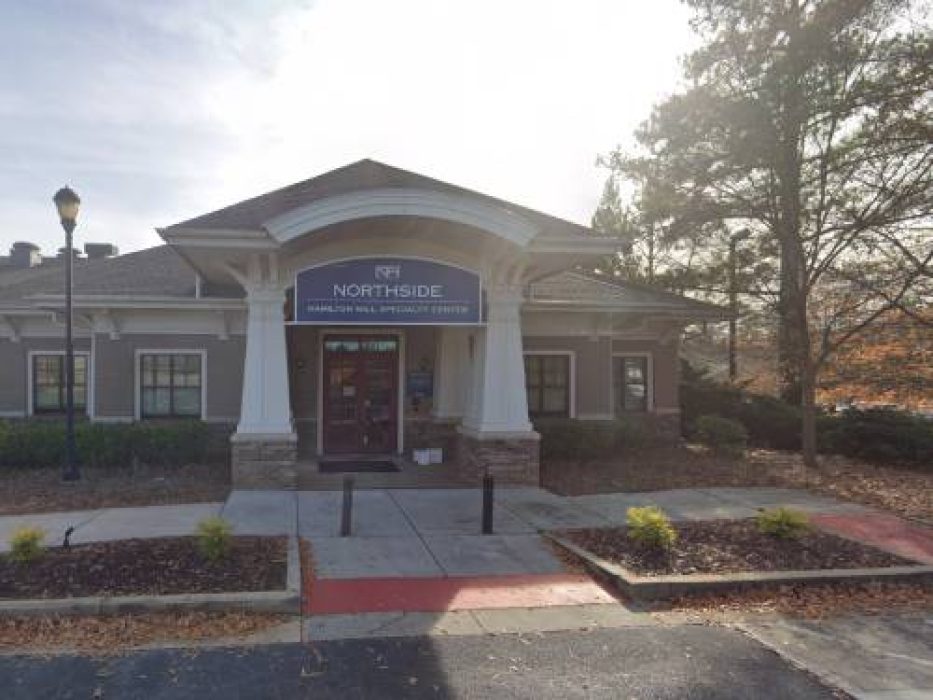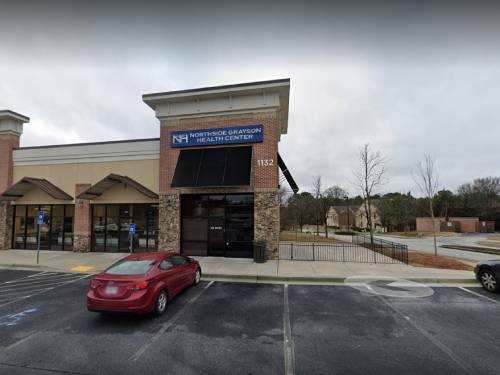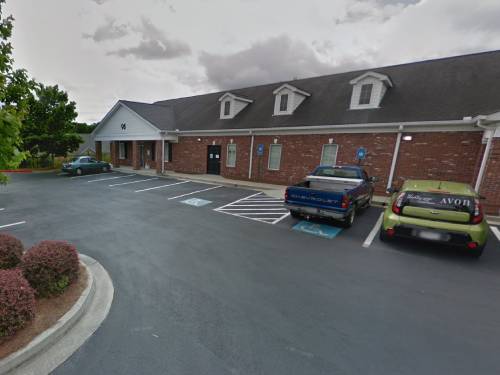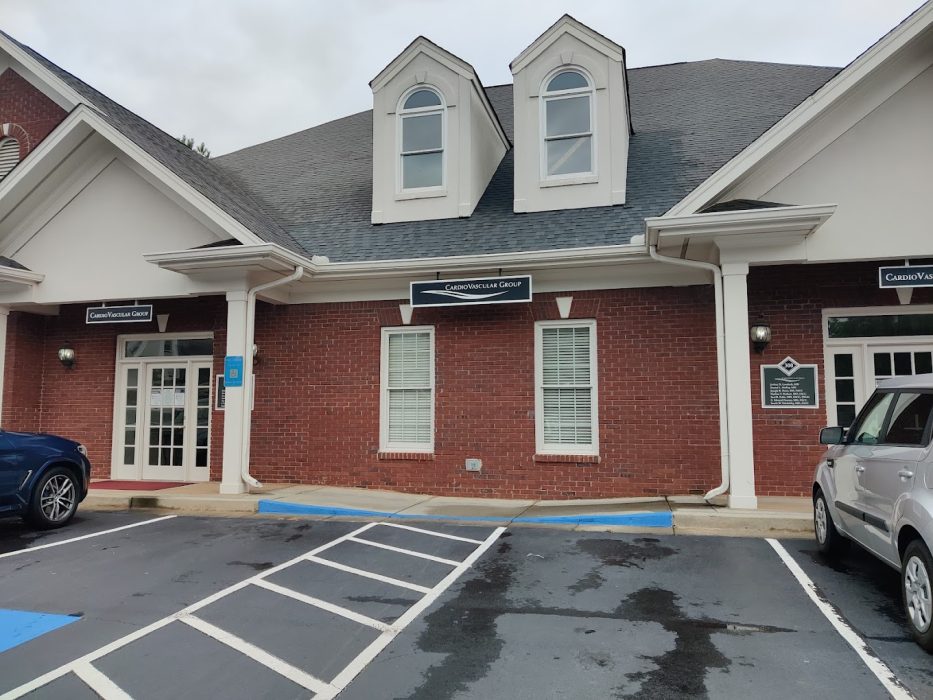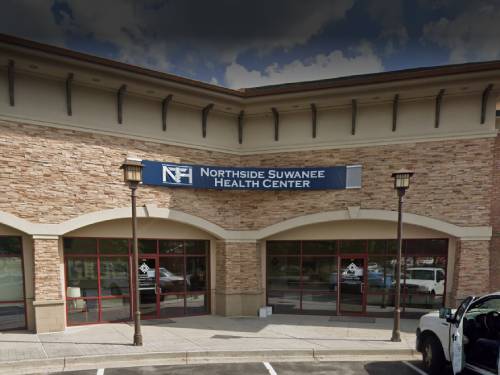Leg Swelling
Lorem ipsum dolor sit amet, consectetur adipiscing elit.

Causes And Treatment Of Leg Swelling
Generally speaking there are 5 main causes of leg swelling: over vigorous salt/fluid consumption, decreased fluid elimination, poor distribution of body fluid due to heart issues, diseases of leg veins and lymph vessels, medication side-effects.
Leg swelling, also known as edema, can sometimes indicate heart-related issues. When your heart isn’t pumping blood as effectively as it should, fluid can accumulate in your legs, ankles, and feet. This swelling often worsens as the day progresses and may improve after a night’s rest.
While leg swelling can have many non-heart relatedcauses, including prolonged standing or certain medications, it’s important to be aware of its potential connection to cardiac health. If you notice persistent swelling, especially if it’s accompanied by other symptoms like shortness of breath, fatigue, or chest discomfort, it’s crucial to seek medical attention.
When the heart struggles to pump efficiently, fluid retention can occur in the legs and potentially in other areas like the lungs or abdomen. This is why seemingly unrelated symptoms, like swollen legs, can be important clues about your heart’s condition.
It’s always better to address potential health concerns early. CVG’s twenty cardiologists are here to help you understand what’s happening in your body and provide the care you need. We encourage you to schedule a visit if you’re experiencing persistent leg swelling or have concerns about your heart health. While edema frequently has a non-cardiac source, we are here to make sure your heart is NOT the source and to treat it if it is. Your well-being is our priority, and we’re here to support you every step of the way.
Please continue reading for more information about leg swelling. CVG’s cardiologists can help you with this and all heart health conditions.
Causes Of Leg Swelling
There are many conditions related to fluid buildup, such as acute kidney failure, cardiomyopathy, chemotherapy, cirrhosis,blood clots in the legs, pregnancy, varicose veins, venous insufficiency, and pulmonary embolism.
Another main cause of leg swelling is injury or inflammation in leg joints or tissues. The injury can be traumatic or as a consequence of any surgery. Amongst these conditions are: a chilles tendon rupture, ACL injury, baker’s cyst, cellulitis, knee bursitis, osteoarthritis, and a broken leg, foot, or ankle.Inflammatory diseases like rheumatoid arthritis,or lupus are also causes of edema.
Swollen legs can also sometimes be a side effect of certain prescription medications.Some examples include:
Calcium channel blockers, motrin like drugs or steroids, some diabetes medicines such as metformin, hormone medications, and certain antidepressants. These medications affect each user differently, so not everyone will experience the same side effects from them.
Evaluation of Leg Swelling
Treatment For Leg Swelling
Treatment for swollen legsgenerally involves removing the underlying cause.
Some remedies can help reduce swelling, such as cutting back on salty foods, wearing compression stockings, and getting regular exercise. Another simple remedy is putting a pillow underneath your legs when you are laying down, which can help reduce fluid buildup that may be causing swelling.
Complications Of Leg Swelling
Why Choose CVG?
Related Conditions:
- Causes And Treatment For Heart Arrhythmia
- Causes And Treatment Of Pulmonary Stenosis
- Expert Insights on Cardiac Catheterization
- Expert Insights on Low Blood Pressure
- Exploring the Latest Advances in Atrial Fibrillation Treatment
- Dangerously high cholesterol?
- Get Your Blood Pressure Test Today!
- Understanding Electrical Cardioversion
- What Are ACE Inhibitors Used For?
- What foods are high in cholesterol?
- What Heart Flutters Can Mean
- What is Heart Failure & How to Treat it?
- What Is The Success Rate Of The Watchman Procedure?
Top Conditions:
- How long can someone live with an enlarged heart?
- Pros and Cons of the Watchman Device
- Risks and Complications of Cardiac Catheterization
- Side Effects Of The Watchman Device
- The Benefits of Cardiac Catheterization
- The Dangers Of High Blood Pressure
- The Dangers Of High Cholesterol
- The Watchman Implant Procedure
- Tips To Lower High Cholesterol
- Understanding Cardiac Catheterization
Call to Schedule an Appointment
Board-certified Doctors
CVG’s twenty board-certified heart doctors will guide you through your healthcare journey with the utmost compassion and individual attention. We aim to provide you with state-of-the-art cardiac care that includes the full spectrum of services, from testing to diagnosis and treatment. The doctor/patient relationship is built on trust. Through our combined efforts, we can conquer any challenge that comes our way.
Invasive therapies may also treat an abnormal heart rhythm, such as electrical cardioversion, which sends electrical impulses through your chest wall and allows normal heart rhythm to restart, or catheter ablation that disconnects the abnormal rhythm’s pathway. Suppose your doctor determines that electrical devices are the best course of action. In that case, you may be given a permanent pacemaker, an implantable cardioverter-defibrillator (ICD), or biventricular (B-V) pacemakers and defibrillators.
How CVG Can Help
CVG offers multiple services that can discover an enlarged heart or conditions that will lead to it. At CVG, we perform stress tests that will observe blood flow and test for various forms of heart disease. There are three types of stress tests that we perform:
- A treadmill test is a test in which you will walk on a treadmill that gets faster and steeper every 3 minutes. This will stress your heart so that our nurse or doctor can determine your heart rate and blood pressure.
- An echo test is performed before and after your treadmill test to determine how well your heart pumps blood.
- A nuclear stress test is a treadmill test that is prefaced by an injection of medicine that shows the flow of blood to your heart.
We also offer cardiac catheterization to diagnose and treat several heart issues. If any of these tests determine a problem, we offer treatment solutions such as atrial fibrillation testing and catheter ablation. Learn more about our services here, or schedule an appointment to talk to our doctors.
Schedule Your Appointment with a CVG Atlanta Area Cardiologist
Expertise, experience, and compassion are the pillars of CVG’s patient-centered cardiac care. Please schedule your appointment with CVG today. Call (770) 962-0399 or 678-582-8586. You may also request an appointment online. If you have an emergency, don’t contact us online; please call 911.
Locations That Treat Enlarged Heart




